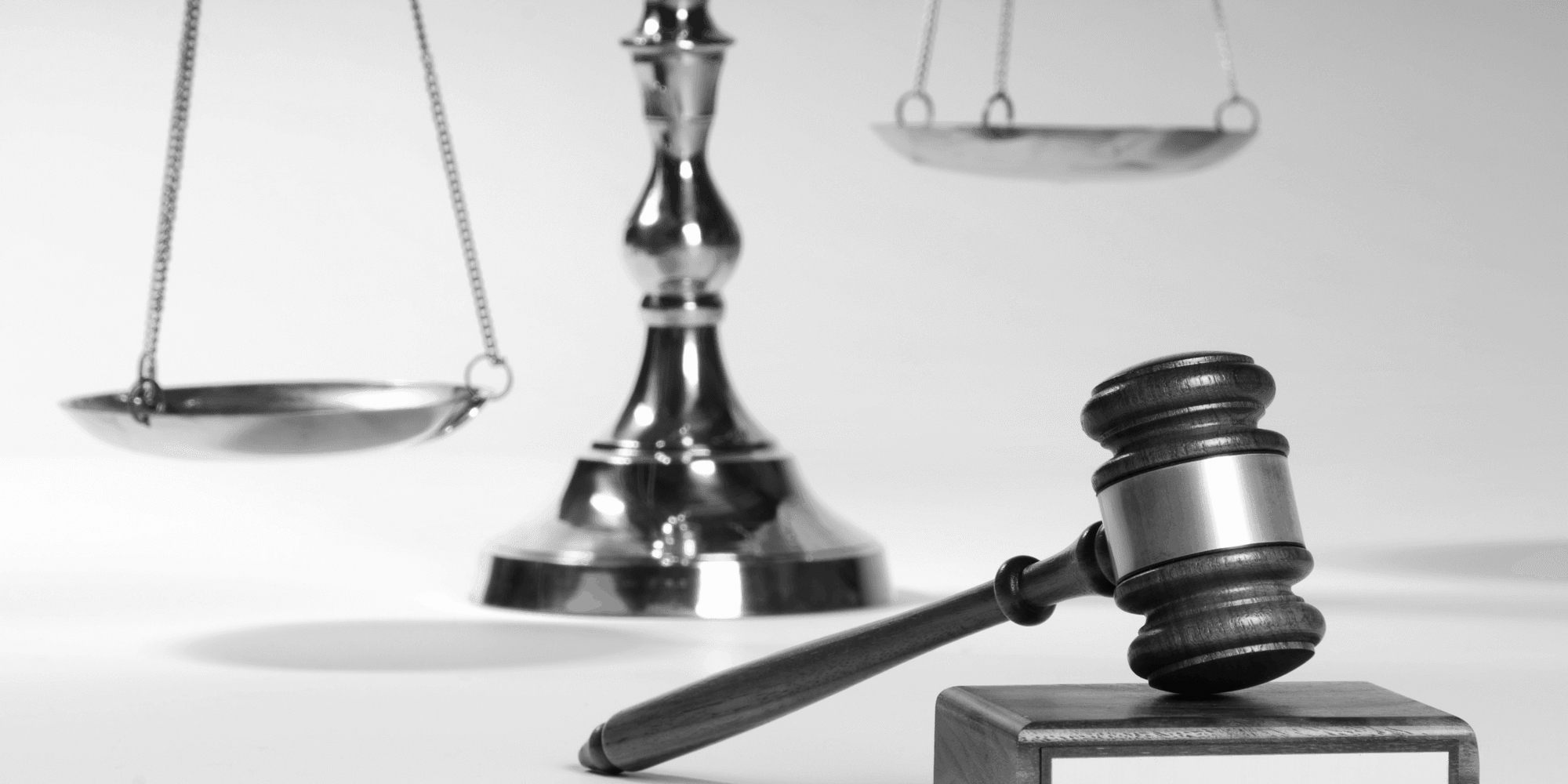Drug Offences
In Canada, criminal drug charges are set out in the Controlled Drugs and Substances Act. They can involve drugs such as:
- Marijuana
- MDMA (Ecstasy, Molly)
- Powder Cocaine
- Crack Cocaine
- Heroin
- Methamphetamine (Meth)
- Gamma-Hydroxybutyric Acid (GHB)
- Hallucinogens (PCP, LSD, Ketamine, Mushrooms) and
- Steroids
-
The most common drug charges are:
- Simple Possession
- Possession for the Purpose of Trafficking
- Trafficking
- Production
- Importation and
- Exportation
While the Controlled Drugs and Substances Act is the main piece of legislation governing this area of law, the possession of drugs is also controlled by a number of acts and regulations such as the Food and Drug Act, the Narcotic Control Regulations and the Marijuana for Medical Purposes Regulations.
Potential Consequences of a Drug offence
Many drug offences attract a significant period of penitentiary jail time. This is particularly true in the case of a subsequent offence or if your drug charges are accompanied by weapons or proceeds of crime charges.
A drug conviction can also have lasting effects even after your sentence is served. Having even a minor drug offence on your criminal record can lead to difficulty crossing international borders and can impact future employment.
Questions and help on drug offences
Understanding your case
Drug investigations vary greatly in size and scope. They can be very brief (as in the case of a traffic stop or a quick undercover “buy and bust”) or can span several months or years. Sometimes a “small” drug case will actually be a spin-off case from a much larger investigation.
Regardless of the size of the case, drug investigations can involve the use of undercover police officers, confidential informants, police agents, surveillance, search warrants, production orders, wiretap authorizations and other special investigatory tactics. In many cases, the police are also performing extensive searches of cell phones and other personal electronics both before and after arrest.
Drug investigations can be conducted by local police, the RCMP or a special “Integrated Drug Unit” that is designed specifically to investigate drugs and/or organized crime.
The first step in defending any drug case is to get a clear picture of the size and scope of what you are facing. If you have been charged with a drug offence, you are entitled to review ALL of the evidence relevant to your case and obtain legal advice before making any decisions on how to proceed.
Defending a drug case
Drug work is a specialized area of law that requires a high level of expertise. All of the investigatory tactics discussed above can give rise to special legal issues that may be relevant to your case. Selecting a lawyer with an intimate and up to date knowledge of search and seizure law is critical.
The vast majority of drug cases will involve applications for the exclusion of evidence under the Canadian Charter of Rights and Freedoms. These applications can involve challenging the legality of searches and quashing judicial orders (such as search warrants, production orders or wiretap authorizations). They can also involve applying to have post-arrest statements (i.e. confessions) tossed out.
Defending a drug case
The law in this area is changing all of the time. Our firm specializes in drug litigation and has a particular focus on personal and electronic privacy. We have successfully defended many drug cases that ranged anywhere from a few grams to multiple kilograms.
Even if you were arrested with an illegal substance or gave a “confession,” your case may be well worth defending. If the investigation was not conducted properly or the evidence against you is insufficient, you may have a viable defence. If the police breached any of your Charter rights (before or after your arrest), you may be able to bring a motion to exclude the evidence against you.
Nidesh Law Firm is at the forefront of Canadian drug litigation. We have been involved in the successful defence of numerous major drug prosecutions throughout Western Canada and the Yukon.
Please contact us to arrange a free initial consultation so that we can discuss the specific circumstances of your case and help you decide how to best move forward.

